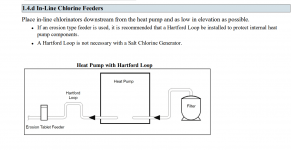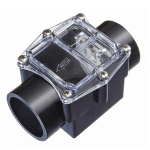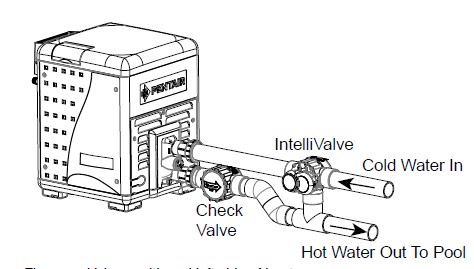My new 18000 gallon in ground pool was installed with a Pentair 400k heater. A Pentair “positive seal non corrosive Check Valve” was not installed per the installation manual recommendation. Instead a rather short “Hartford Loop” was installed. I understand it’s important to not let water siphon into the heater when the pump shuts down so I am considering installing a check valve if it is a better option.
Does anyone know or have an opinion about the functionality of a “short” Hartford Loop vs a backflow preventing heater check valve?
Thanks in advance and I’ll try to attach a picture of the heater and plumbing.
Does anyone know or have an opinion about the functionality of a “short” Hartford Loop vs a backflow preventing heater check valve?
Thanks in advance and I’ll try to attach a picture of the heater and plumbing.








